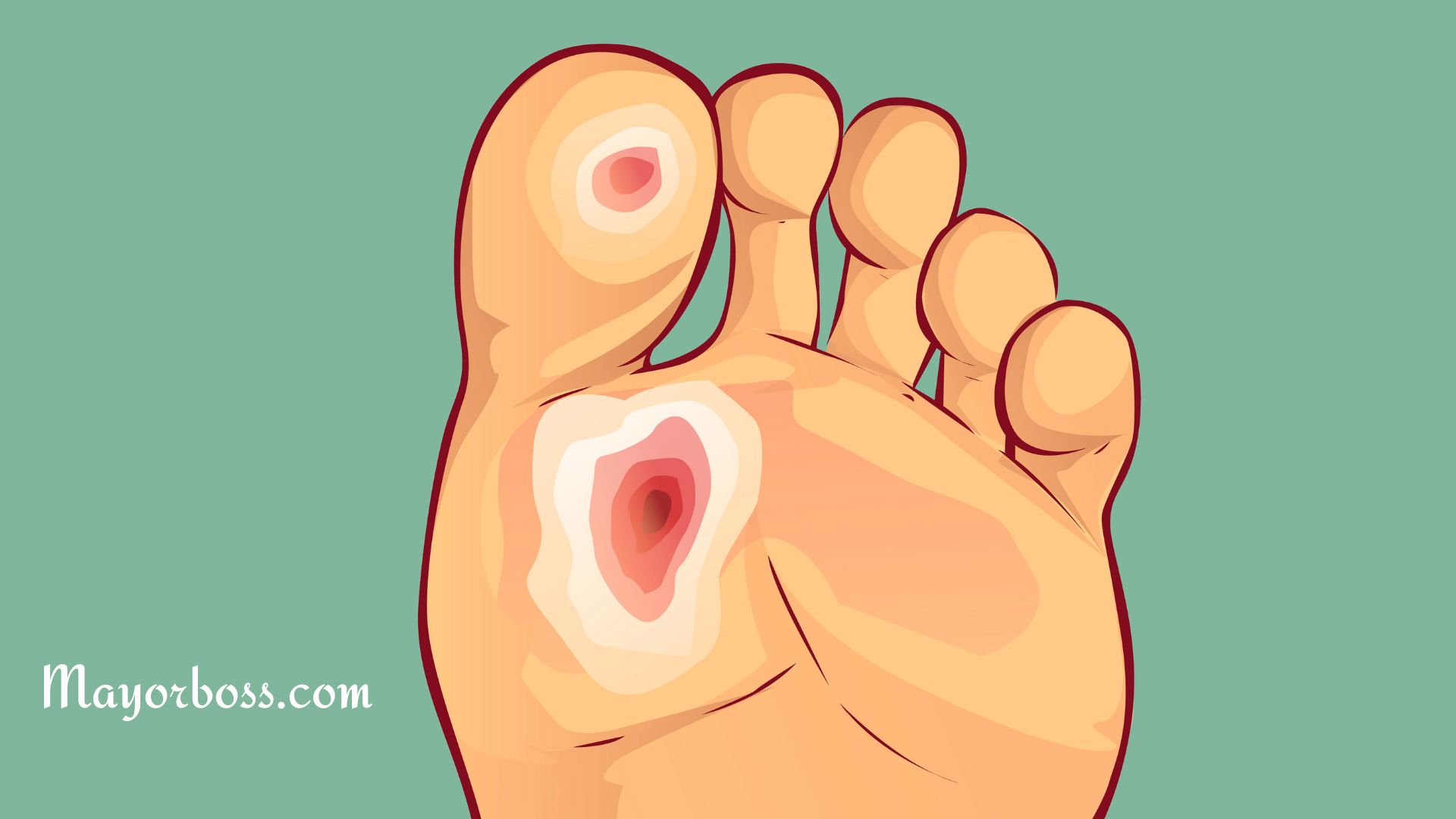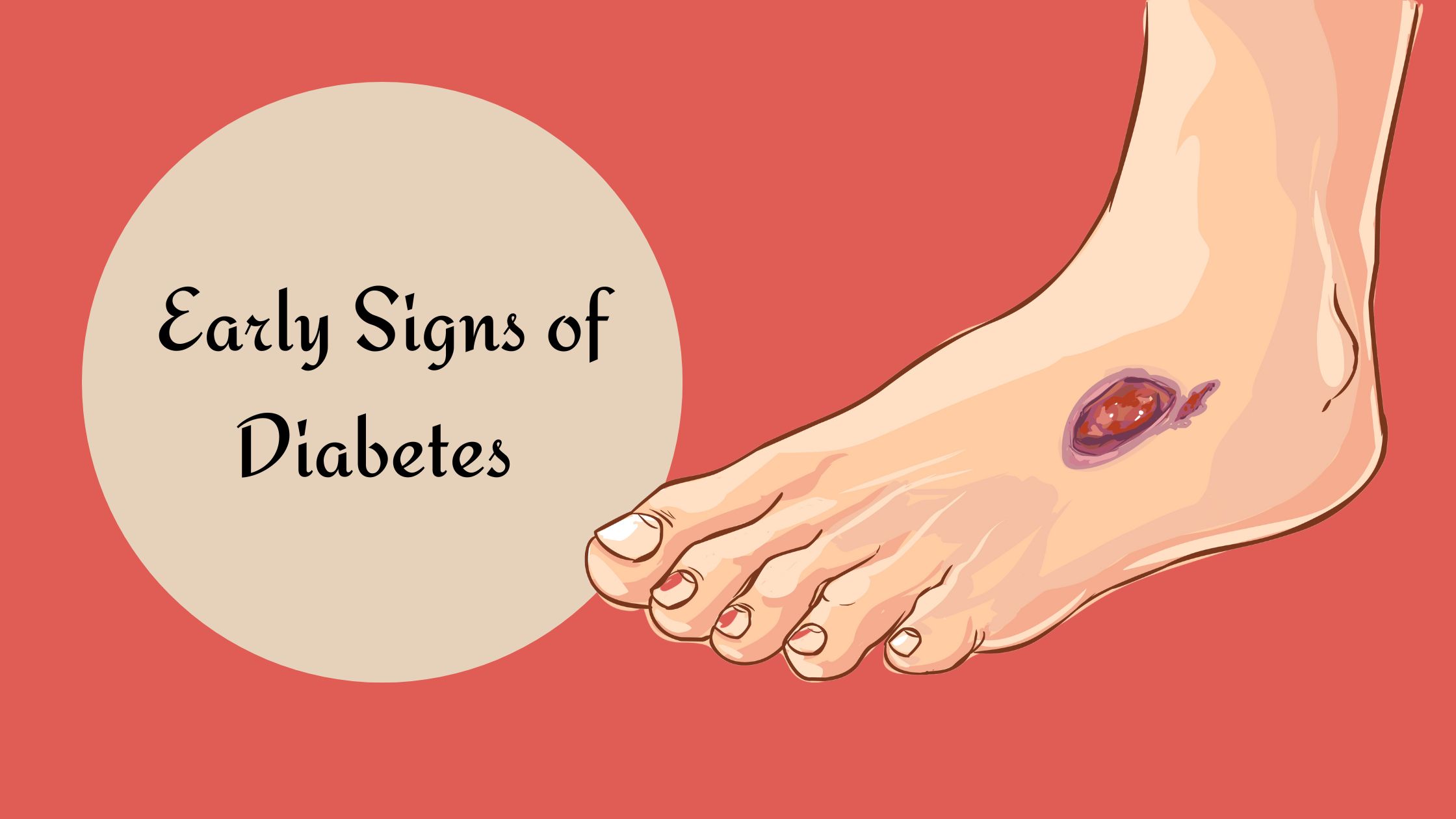Early Signs You Have High Blood Sugar
If you’re curious about the early signs of high blood sugar, this guide can help. High blood sugar, also called hyperglycemia, often doesn’t make a dramatic entrance. Instead, it sneaks in slowly, causing subtle changes in your body that might go unnoticed if you don’t know what to look for. Read on to learn the early signs of high blood sugar.

Feeling Excessively Thirsty All the Time Could Be a Sign
One of the early warning signs of high blood sugar is excessive thirst. Your body needs water to help flush out the excess glucose from your blood. Excess glucose forces your kidneys to work harder, filtering and removing the sugar through urine, which can lead to dehydration. When your blood sugar is high, your kidneys work overtime to remove the sugar through urine, leading to dehydration. This dehydration is what makes you feel thirsty all the time. If you notice that you are constantly drinking water but can’t seem to quench your thirst, it might be time to check your blood sugar.
Going to the Bathroom Frequently Is Not Just About Drinking Water
Along with feeling thirsty, you may also find yourself visiting the bathroom more often. The frequent urination is actually a direct consequence of your body trying to get rid of extra sugar. When your blood sugar levels are high, your kidneys try to eliminate it by increasing urine production. This means you’ll have to make more trips to the bathroom. It can even disrupt your sleep, especially at night. If this is happening to you, it could be an early sign of high blood sugar.
Feeling Tired Even After Getting Enough Sleep Could Mean Something More
If you are getting enough sleep but still waking up tired, high blood sugar could be to blame. When your blood sugar levels are high, your body struggles to use glucose efficiently for energy. This means that your cells don’t get the fuel they need, and you end up feeling fatigued even if you had a full night’s rest. This kind of fatigue is different from simply being tired after a long day—it feels more like a persistent lack of energy.
Blurry Vision Is Not Just an Eye Problem
Have you noticed that your vision seems a bit off lately? Blurred vision can also be an early sign of high blood sugar. When your blood sugar levels are too high, it can affect the lenses in your eyes by pulling fluid from them. This makes it difficult for your eyes to focus, resulting in blurry vision. If you suddenly find it hard to see things clearly or need to squint more often, consider consulting an eye doctor to determine if a blood sugar check is necessary.
Cuts and Bruises Seem to Take Forever to Heal
Another early sign that your blood sugar may be elevated is if cuts and bruises seem to take a long time to heal. High blood sugar can interfere with your body’s natural healing process. Elevated glucose levels slow down the healing of wounds and bruises by impairing circulation and reducing the effectiveness of your immune system. If you’ve noticed that even small cuts seem to linger for weeks, it’s time to take action.
You Feel Hungry Right After Eating a Full Meal
Have you ever eaten a large meal only to feel hungry again soon afterward? When your blood sugar levels are too high, your body may not be using insulin effectively. This is called insulin resistance, and it means that glucose can’t get into your cells properly. So even though you’ve just eaten, your body still feels like it’s not getting enough energy, and you end up feeling hungry again.
Tingling or Numbness in Hands and Feet Shouldn’t Be Ignored
Experiencing a tingling sensation or numbness in your hands and feet could also indicate high blood sugar. This happens because high blood sugar can damage nerves, especially those in your extremities. This nerve damage, called diabetic neuropathy, can start out feeling like a mild tingling but can worsen over time if left unchecked. If you have these sensations, it’s essential to speak to a doctor as soon as possible.
Skin Issues Such as Dryness or Dark Patches Can Be Warning Signs
Your skin can often give clues about what’s happening inside your body. When your blood sugar levels are elevated, you may notice your skin becomes dry and itchy. In some cases, dark patches of skin, often in areas like the neck or armpits, can develop. This condition is called acanthosis nigricans and is often associated with insulin resistance. If you see any unusual skin changes, it’s worth getting your blood sugar checked.
Mood Swings and Irritability Are Not Just Due to Stress
High blood sugar doesn’t only affect your body—it can also impact your mood. Many people with elevated blood sugar levels report feeling more irritable or having frequent mood swings. This happens because your brain relies on a steady supply of glucose, and when blood sugar levels are all over the place, it can affect your mood and mental clarity. If you’re feeling more short-tempered than usual, it could be worth considering whether your blood sugar is the culprit.
What Should You Do If You Notice These Symptoms?
If you’re experiencing one or more of these early signs of high blood sugar, it’s important to take action. Here’s what you can do:
- See your doctor or a healthcare professional: A doctor can perform a simple blood test to determine if your blood sugar levels are too high.
- Adopt a healthy diet: Cutting back on sugary foods and refined carbohydrates can help keep your blood sugar in check. Opt for whole grains, vegetables, and lean proteins.
- Stay active: Regular exercise helps your body use insulin more effectively, which can help lower blood sugar levels. Even a 30-minute walk each day can make a big difference.
- Monitor your blood sugar: If you have a history of high blood sugar, consider getting a blood glucose monitor so you can keep an eye on your levels at home.
Final Thoughts on Recognizing High Blood Sugar Early
Catching the early signs of high blood sugar is crucial for taking control of your health and preventing more serious complications down the road. Many of these symptoms are easy to overlook or attribute to other things, but if you’re experiencing several of them at once, it’s time to pay attention. The sooner you recognize and address these signs, the better your chances of maintaining good health and preventing diabetes-related complications.






